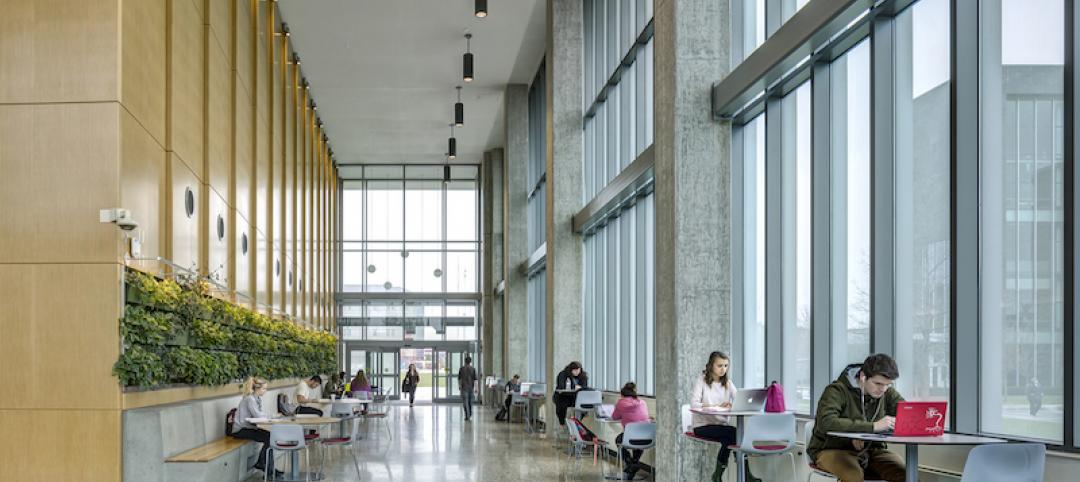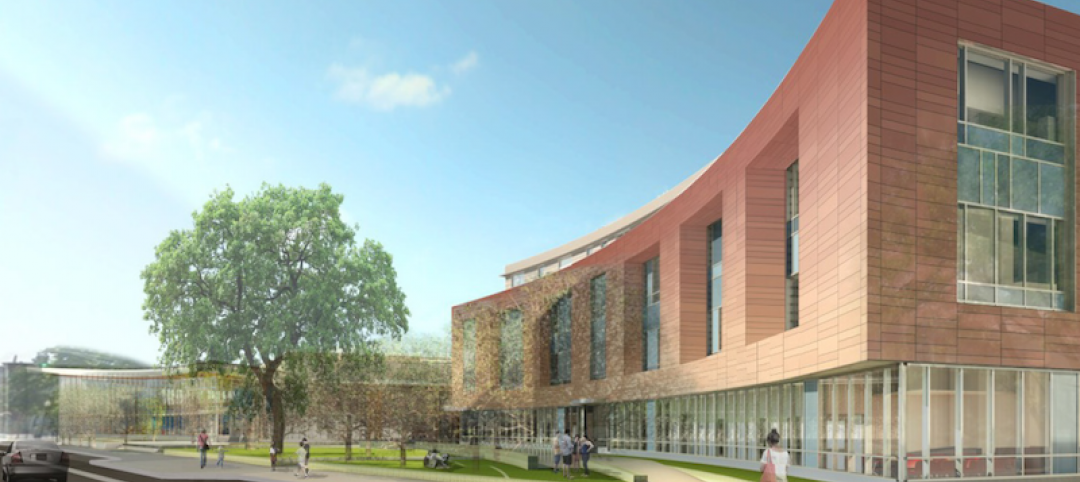Recent research papers from economists that have questioned costs and benefits of energy efficiency programs and policies have been flawed, says Steve Nadel, executive director of the American Council for an Energy-Efficient Economy.
Instead of “continuing a tit-for-tat debate,” Nadel says economists and energy efficiency practitioners could find ways to better work together to devise higher quality studies. “First, we admit that not all energy efficiency programs are stellar,” Nadel says. “It’s critical to have good evaluation to help tell what is working well and what needs improving.”
“There is a tendency, in both the economics and energy efficiency communities, to work from established paradigms and work with colleagues who share similar views,” he continues. “When the two communities meet, they often talk past each other. There is a need for both sides to better understand where the other side is coming from, and to explore opportunities to find a middle ground.”
Nadel cited recent studies that looked at only costs but not benefits, included extra costs unrelated to energy efficiency (e.g. home repair costs), left out important costs such as changes in maintenance costs, or are based on a simple cost-benefit framework without considering other goals that the programs might have. “Likewise, each program is different and one problematic program should not cast doubt on all of the others,” Nadel says.
Related Stories
Energy Efficiency | Apr 23, 2018
New toolkit offers local governments energy-saving strategies for buildings
Provides estimates on savings for various policies.
Green | Apr 13, 2018
evolv1 earns Canada’s first Zero Carbon Building-Design certification
The multi-tenant commercial office building is currently under construction.
Sustainability | Apr 10, 2018
Thermal comfort, big impact
CallisonRTKL’s Pablo La Roche explains how outdoor thermal comfort could mitigate the effects of climate change.
Sustainability | Apr 9, 2018
Planning for 100: Looking beyond the horizon of zero-net-energy buildings
Imagine a future where buildings and infrastructure are 100% utilized and 100% responsive.
Energy Efficiency | Apr 4, 2018
A new energy metric for building design and operations
A building with a higher occupant density may have a higher energy use, but expend less energy per person.
K-12 Schools | Jan 24, 2018
Hawaii’s first net-zero public school
G70 is the architect, planner, and civil engineer of record for the project.
Energy | Jan 12, 2018
Putting wastewater to work: America’s next great energy source
As much as 40 to 50% of a building’s energy literally goes down the drain every day.
Energy | Jan 11, 2018
Harvesting energy and profits: A new approach to MEP cost analysis
In the course of providing cost estimating services, educating the client on making prudent choices is a high priority.
Energy Efficiency | Dec 19, 2017
New building energy quotient portal gives quick analysis on energy performance
ASHRAE tool provides more automated approach to receive Building EQ Performance Score.
K-12 Schools | Oct 28, 2017
A new elementary school in Cambridge, Mass., aims at being a pilot for that city’s NZE commitment
The building’s programming will provide more access to the community at large.

















